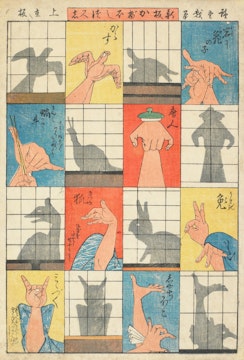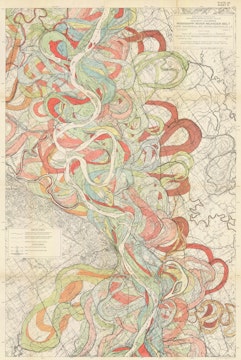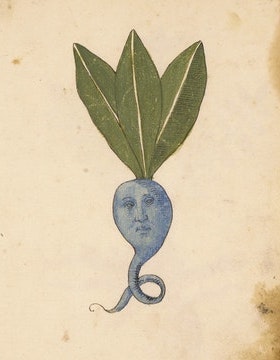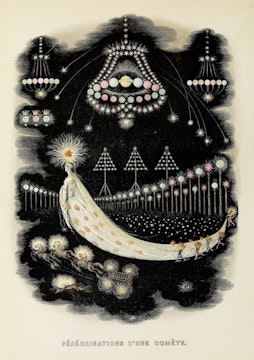
EssaysReligion, Myth & Legend
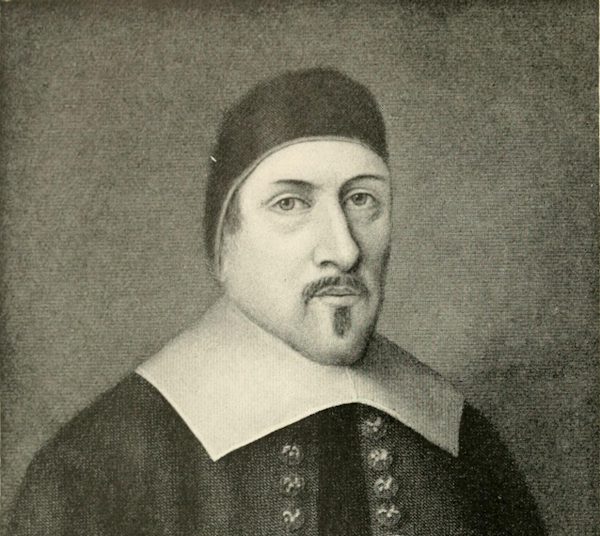
The Price of Suffering: William Pynchon and The Meritorious Price of Our Redemption
William Pynchon, earliest colonial ancestor of the novelist Thomas Pynchon, was a key figure in the early settlement of New England. He also wrote a book which became, at the hands of the Puritans it riled against, one of the first to be banned and burned on American soil. Daniel Crown explores. more
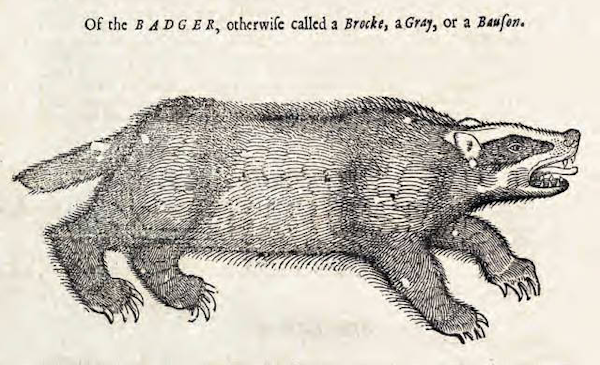
A Bestiary of Sir Thomas Browne
Hugh Aldersey-Williams takes a tour through Thomas Browne's Pseudodoxia Epidemica, a work which sees one of the 17th-century's greatest writers stylishly debunk all manner of myths, in particular those relating to the world of animals. more
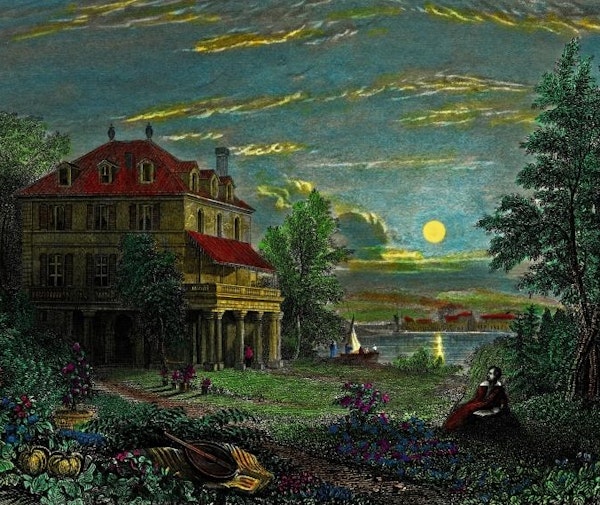
The Poet, the Physician and the Birth of the Modern Vampire
From that famed night of ghost-stories in a Lake Geneva villa in 1816, as well as Frankenstein's monster, there arose that other great figure of 19th-century gothic fiction - the vampire - a creation of Lord Byron's personal physician John Polidori. Andrew McConnell Stott explores how a fractious relationship between Polidori and his poet employer lies behind the tale, with Byron himself providing a model for the blood-sucking aristocratic figure of the legend we are familiar with today. more
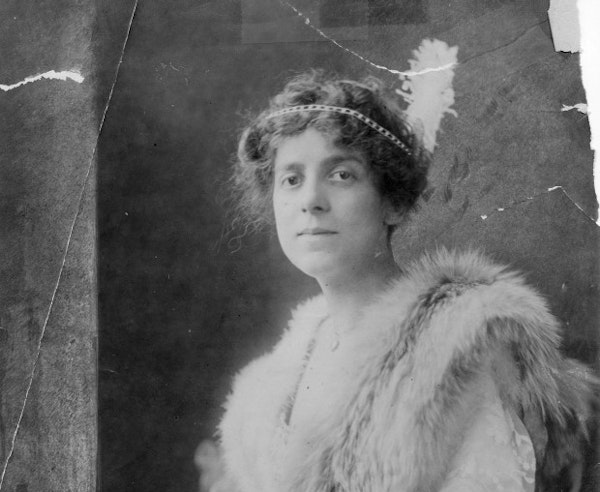
Ghostwriter and Ghost: The Strange Case of Pearl Curran & Patience Worth
In early 20th-century St. Louis, Pearl Curran claimed to have conjured a long-dead New England puritan named Patience Worth through a Ouija board. Although mostly unknown today, the resulting books, poems, and plays that Worth "dictated" to Curran earned great praise at the time. Ed Simon investigates the curious and nearly forgotten literary fruits of a “ghost” and her ghostwriter. more
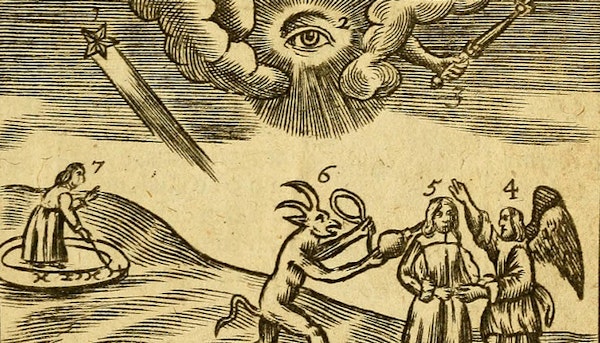
In the Image of God: John Comenius and the First Children’s Picture Book
In the mid 17th-century John Comenius published what many consider to be the first picture book dedicated to the education of young children, Orbis Sensualium Pictus - or The World of Things Obvious to the Senses drawn in Pictures, as it was rendered in English. Charles McNamara explores how, contrary to Comenius' assertions, the book can be seen to be as much about the invisible world as the visible. more
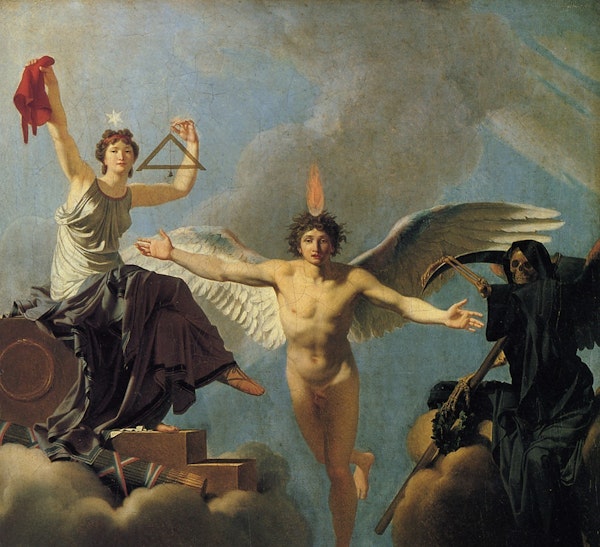
Darkness Over All: John Robison and the Birth of the Illuminati Conspiracy
Conspiracy theories of a secretive power elite seeking global domination have long held a place in the modern imagination. Mike Jay explores the idea��’s beginnings in the writings of John Robison, a Scottish scientist who maintained that the French revolution was the work of a covert Masonic cell known as the Illuminati. more
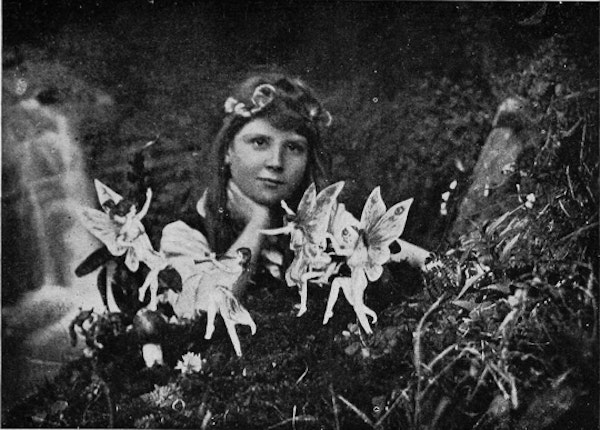
In the spring of 1920, at the beginning of a growing fascination with spiritualism brought on by the death of his son and brother in WWI, Arthur Conan Doyle took up the case of the Cottingley Fairies. Mary Losure explores how the creator of Sherlock Holmes became convinced that the 'fairy photographs' taken by two girls from Yorkshire were real. more
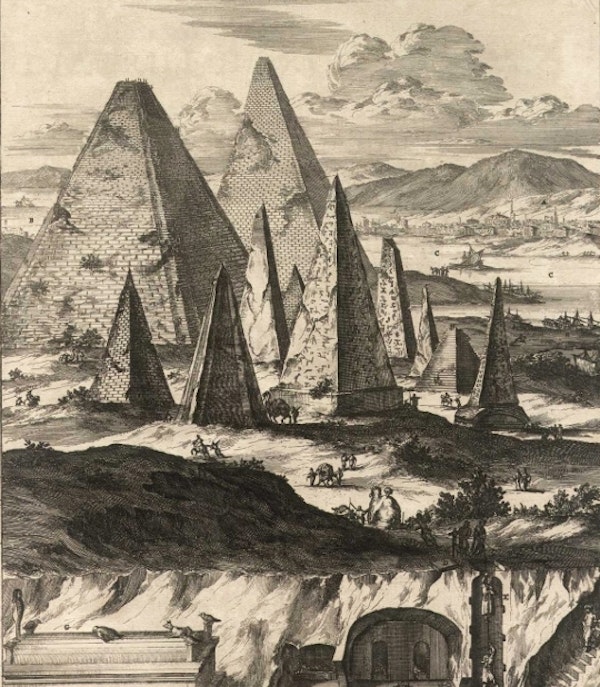
Athanasius Kircher and the Hieroglyphic Sphinx
More than 170 years before Jean-François Champollion had the first real success in translating Egyptian hieroglyphs, the 17th century Jesuit scholar Athanasius Kircher was convinced he had cracked it. He was very wrong. Daniel Stolzenberg looks at Kircher's Egyptian Oedipus, a book that has been called “one of the most learned monstrosities of all times.” more
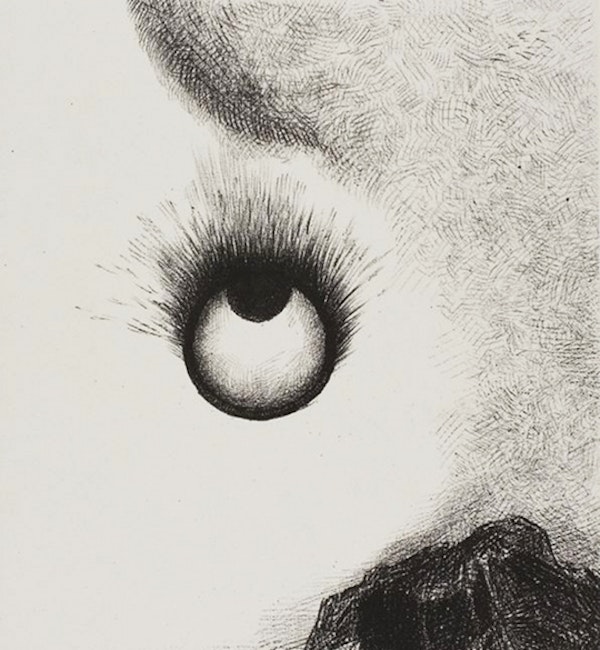
The Redemption of Saint Anthony
Gustave Flaubert, best known for his masterpiece Madame Bovary, spent nearly thirty years working on a surreal and largely 'unreadable' retelling of the temptation of Saint Anthony. Colin Dickey explores how it was only in the dark and compelling illustrations of Odilon Redon, made years later, that Flaubert's strangest work finally came to life. more
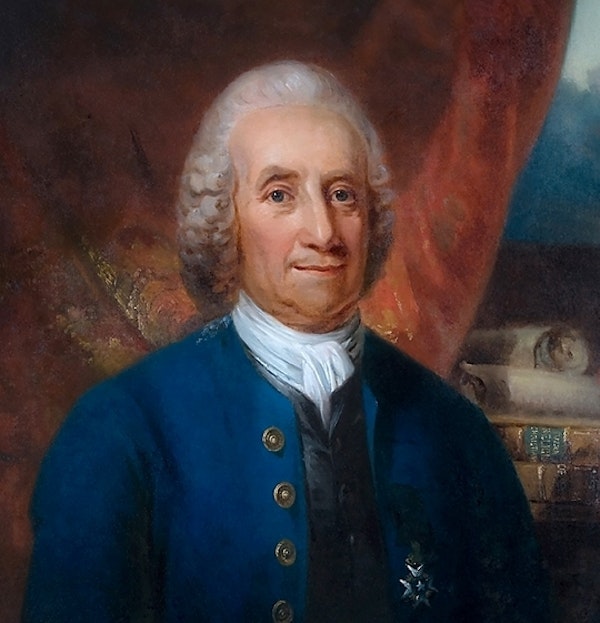
The Erotic Dreams of Emanuel Swedenborg
During the time of his "spiritual awakening" in 1744 the scientist and philosopher Emanuel Swedenborg kept a dream diary. Richard Lines looks at how, among the heavenly visions, there were also erotic dreams, the significance of which has been long overlooked. more
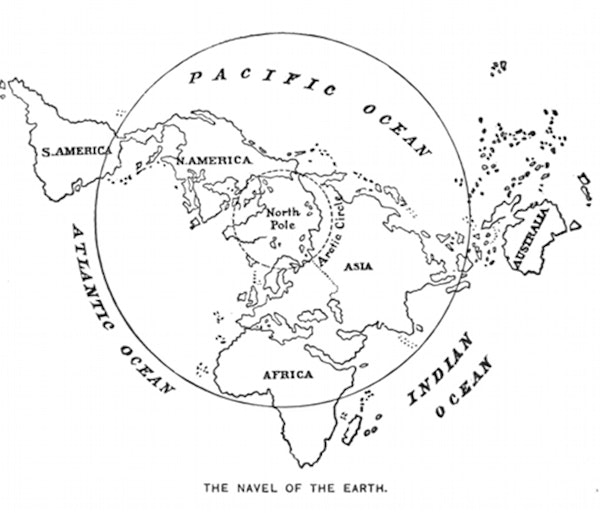
The Last Great Explorer: William F. Warren and the Search for Eden
Of all the attempts throughout history to geographically locate the Garden of Eden one of the most compelling was that set out by minister and president of Boston University, William F. Warren. Brook Wilensky-Lanford looks at the ideas of the man who, in his book Paradise Found, proposed the home of all humanity to be at the North Pole. more
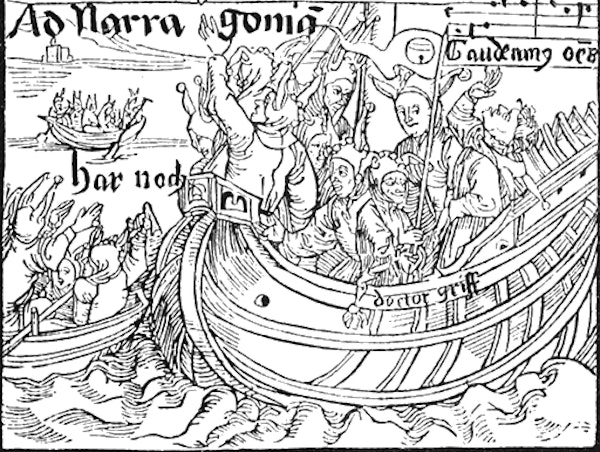
Navigating Dürer’s Woodcuts for The Ship of Fools
At the start of his career, as a young man in his twenties, Albrecht Dürer created a series of woodcuts to illustrate Sebastian Brant's The Ship of Fools of 1494. Dürer scholar Rangsook Yoon explores the significance of these early pieces and how in their subtlety of allegory they show promise of his masterpieces to come. more
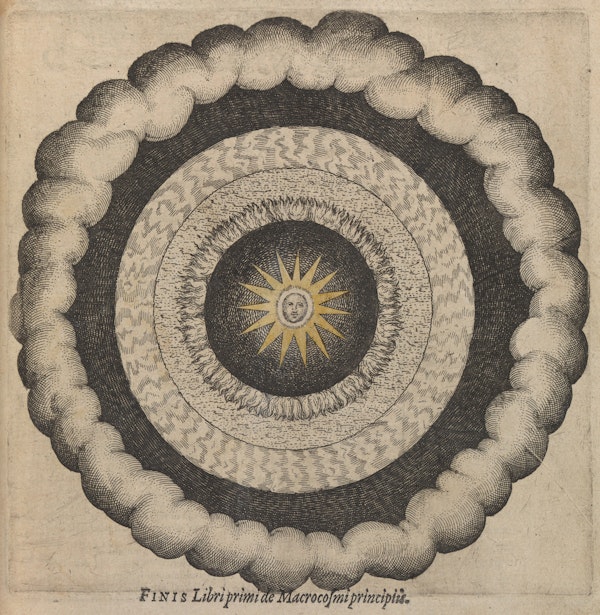
Robert Fludd and His Images of The Divine
Between 1617 and 1621 the English physician and polymath Robert Fludd published his masterpiece Utriusque Cosmi . . . Historia, a two-volume work packed with over sixty intricate engravings. Urszula Szulakowska looks at the philosophical and theological ideas behind the extraordinary images found in the first volume, an exploration of the macrocosm of the universe and spiritual realm. more
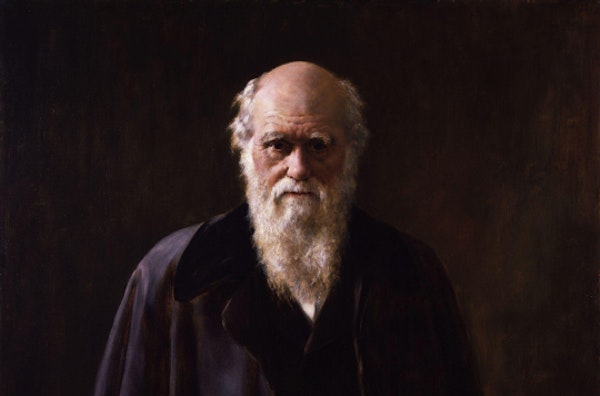
Was Charles Darwin an Atheist?
Leading Darwin expert and founder of Darwin Online, John van Wyhe, challenges the popular assumption that Darwin's theory of evolution corresponded with a loss of religious belief. more
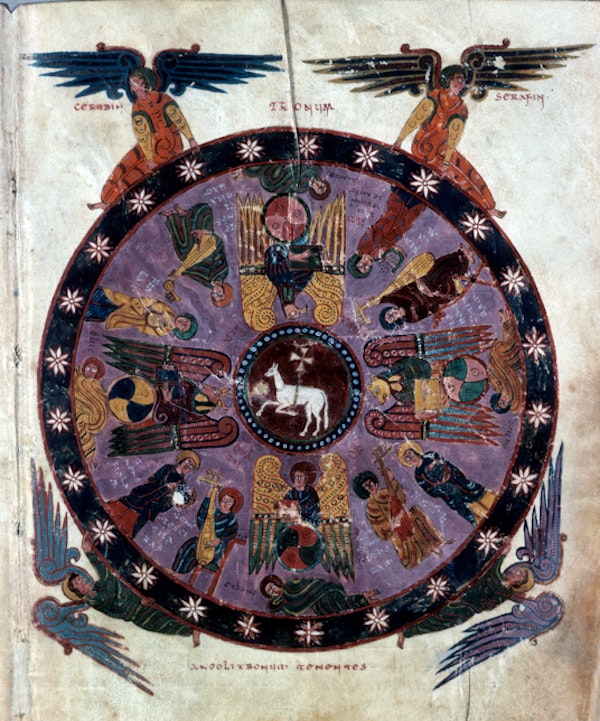
In a monastery in the mountains of northern Spain, 700 years after the Book of Revelations was written, a monk set down to illustrate a collection of writings he had compiled about this most vivid and apocalyptic of the New Testament books. Throughout the next few centuries his depictions of multi-headed beasts, decapitated sinners, and trumpet blowing angels, would be copied over and over again in various versions of the manuscript. John Williams, author of The Illustrated Beatus, introduces Beatus of Liébana and his Commentary on the Apocalypse. more
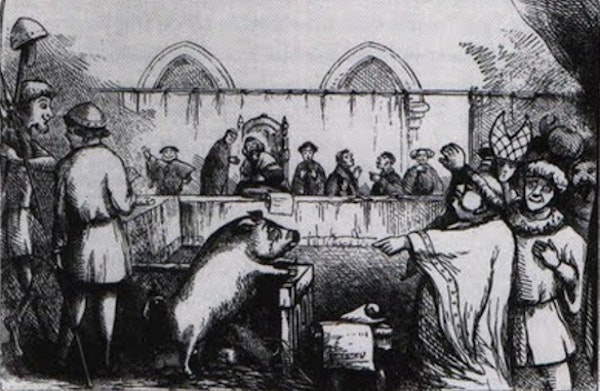
Bugs and Beasts Before the Law
Murderous pigs sent to the gallows, sparrows prosecuted for chattering in church, a gang of thieving rats let off on a wholly technical acquittal - theoretical psychologist and author Nicholas Humphrey* explores the strange world of medieval animal trials. more
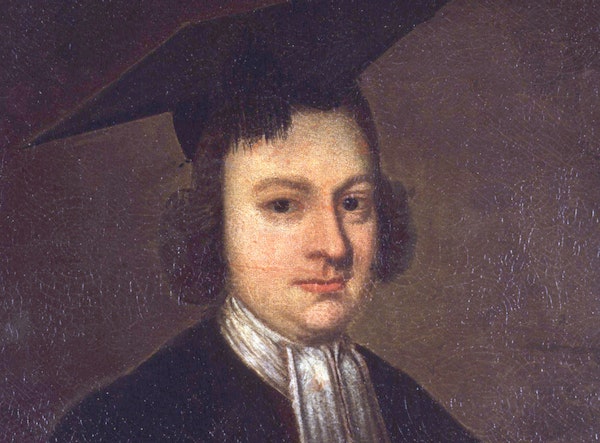
Christopher Smart’s Jubilate Agno
The poet Christopher Smart — also known as "Kit Smart", "Kitty Smart", "Jack Smart" and, on occasion, "Mrs Mary Midnight" — was a well known figure in 18th-century London. Nowadays he is perhaps best known for considering his cat Jeoffry. Writer and broadcaster Frank Key looks at Smart's weird and wonderful Jubilate Agno. more

